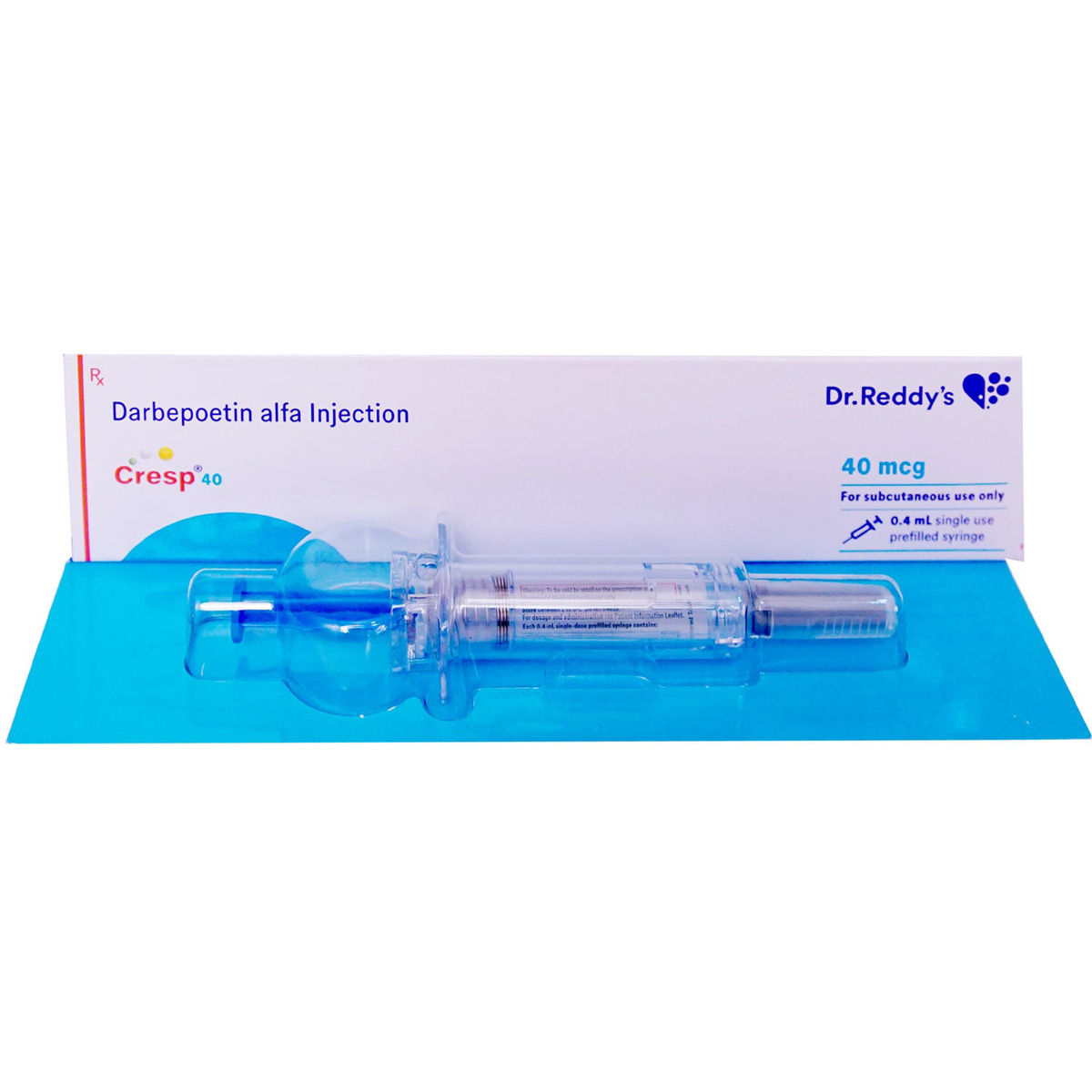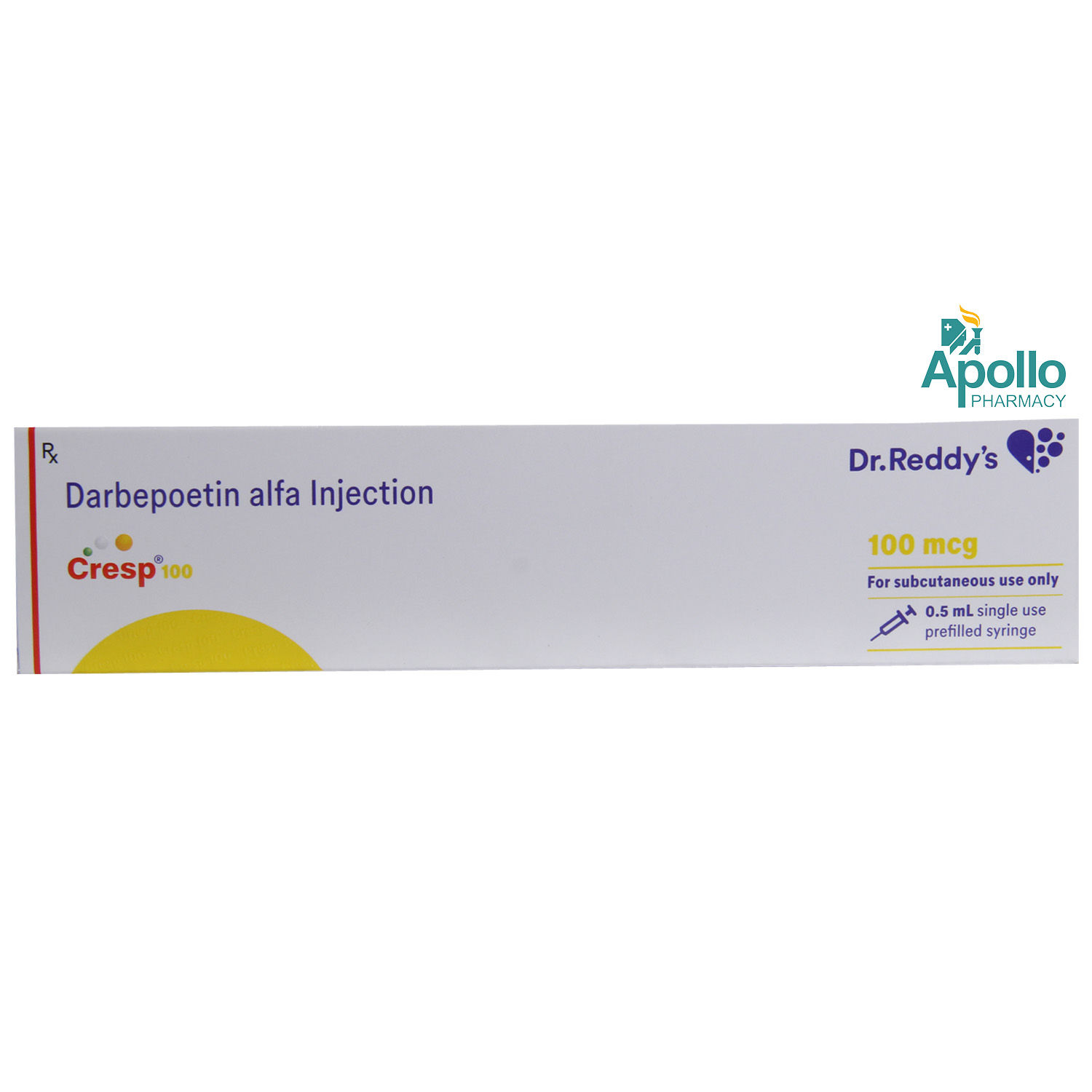CHORIOGONADOTROPIN ALFA
About CHORIOGONADOTROPIN ALFA
CHORIOGONADOTROPIN ALFA belongs to a group of medicines called ‘fertility drugs' used to treat female infertility. Female infertility occurs when a woman who is planning a pregnancy is unable to become pregnant after a year. If a woman gets pregnant but experiences miscarriages or stillbirths, it is also included in infertility.
CHORIOGONADOTROPIN ALFA contains ‘choriogonadotropin alpha’, which acts by developing and ripening several follicles (containing an egg) and inducing the ovulation procedure (releasing an egg from the ovary). An egg must be released from the ovary to get fertilized by a sperm cell to get pregnant.
CHORIOGONADOTROPIN ALFA will be administered by a trained healthcare professional; hence do not self-administer. The common side effects of CHORIOGONADOTROPIN ALFA are headache, pain, and redness at the injection site. These side effects are usually mild and temporary. However, inform your doctor immediately if any of these side effects persist or get worse.
It is not recommended if you are allergic to choriogonadotropin alfa or any contents present in it, have a tumor in the pituitary gland or hypothalamus (parts of the brain), have ovarian cysts (fluid-filled sacs in ovaries), have unexplained vaginal bleeding, have cancer of ovaries, womb, or breast, have blood clots in the veins, or have menopause, premature ovarian failure (early menopause or dysfunction of sexual organs). CHORIOGONADOTROPIN ALFA is not recommended for use in children. CHORIOGONADOTROPIN ALFA should be used with caution in pregnant and breastfeeding women. CHORIOGONADOTROPIN ALFA may interact with alcohol and worsen your health condition. CHORIOGONADOTROPIN ALFA may not affect your ability to drive.
Uses of CHORIOGONADOTROPIN ALFA
Medicinal Benefits
The CHORIOGONADOTROPIN ALFA contains ‘choriogonadotropin alpha’ used to treat fertility problems (usually given along with other medicines). It acts by developing and ripening several follicles (containing eggs necessary for fertilization) in women who are undergoing assisted reproductive technologies (a procedure that helps to get pregnant). It also helps to induce the ovulation procedure (releasing an egg from the ovary) in women who are suffering from anovulation (who cannot produce eggs) and oligo-ovulation (who produce few eggs).
Directions for Use
Storage
Side Effects of CHORIOGONADOTROPIN ALFA
- Headache
- Pain or redness at the injection site
Patients Concern
Disease/Condition Glossary
Female Infertility: When a woman cannot become pregnant within a year of trying, the condition is called female infertility. If a woman gets pregnant but experiences miscarriages or stillbirths, it is also included in infertility. It can occur due to ovulation disorders (problems with ovaries), damage to the fallopian tubes, and problems with the uterus or cervix. The risk factors include age, being overweight or obese, smoking, alcoholism, and sexually transmitted infections.
FAQs
CHORIOGONADOTROPIN ALFA contains ‘choriogonadotropin alpha’, which acts by developing and ripening several follicles (containing an egg) and inducing the ovulation procedure (releasing an egg from the ovary). An egg must be released from the ovary to get fertilized by a sperm cell to get pregnant.
If you undergo a blood or urine test to detect pregnancy within ten days of using CHORIOGONADOTROPIN ALFA, there may be a chance of false-positive test results.
The common side effects of CHORIOGONADOTROPIN ALFA are headache, pain, and redness at the injection site. These side effects are usually mild and temporary. However, inform your doctor immediately if these side effects persist or worsen.
CHORIOGONADOTROPIN ALFA should not be used in patients who have a tumor in the pituitary gland or hypothalamus (parts of the brain), ovarian cysts (fluid-filled sacs in ovaries), unexplained vaginal bleeding, cancer of ovaries, womb, or breast, blood clotting problems, menopause, premature ovarian failure (early menopause or dysfunction of sexual organs).
In most cases, female infertility can be cured by medicines, surgery, or assisted reproductive technology (ART), such as in-vitro fertilization (IVF) or a combination of these treatments. The doctor will suggest a suitable treatment depending on the cause of infertility.







